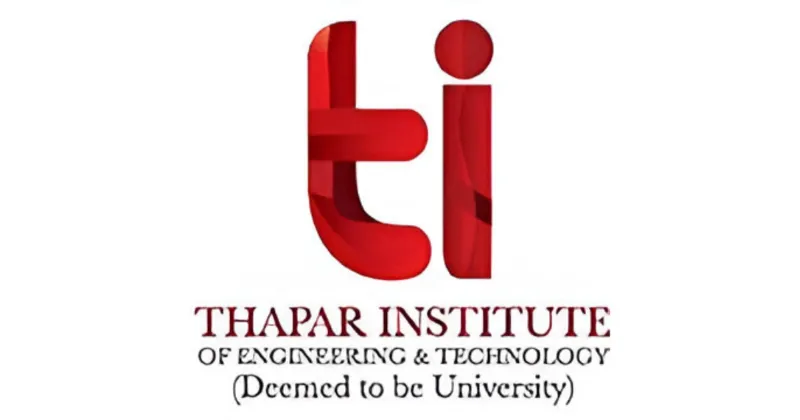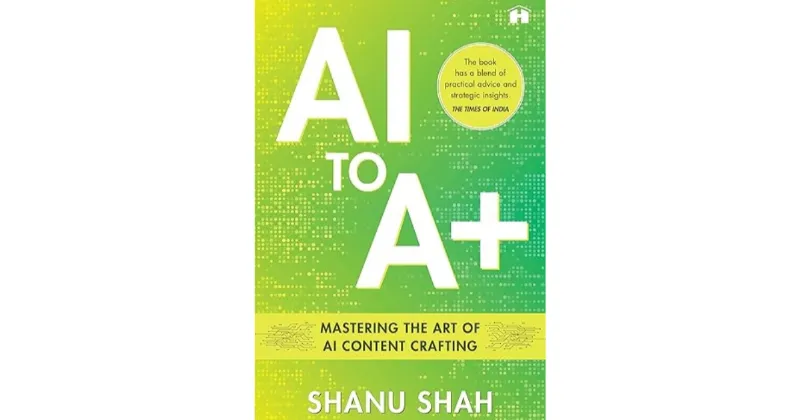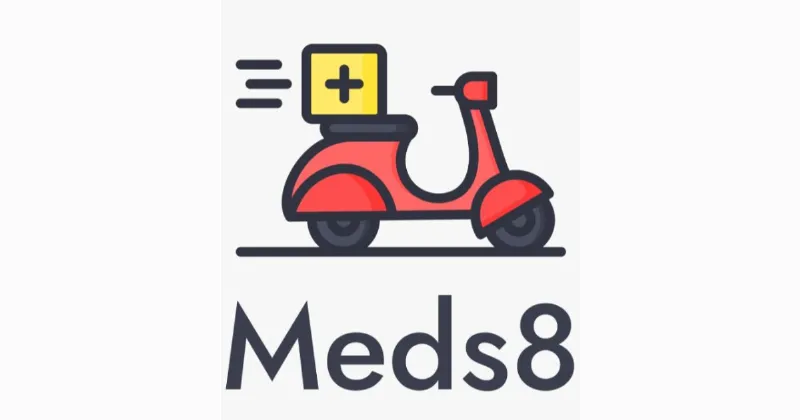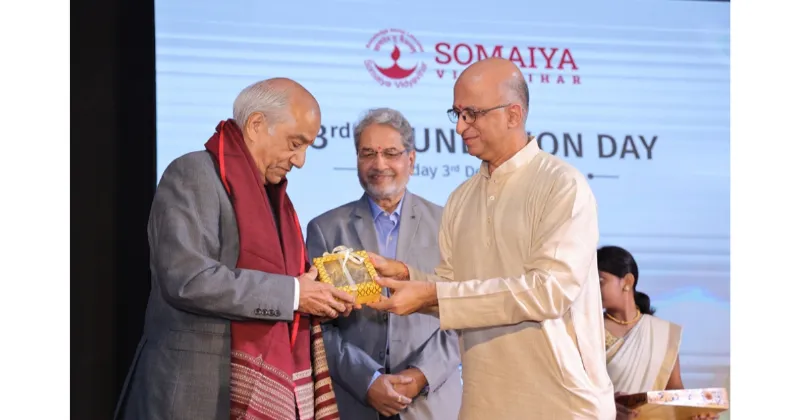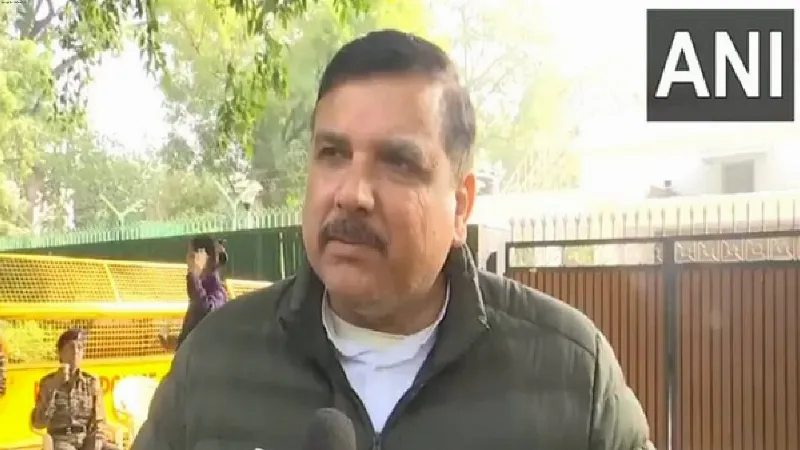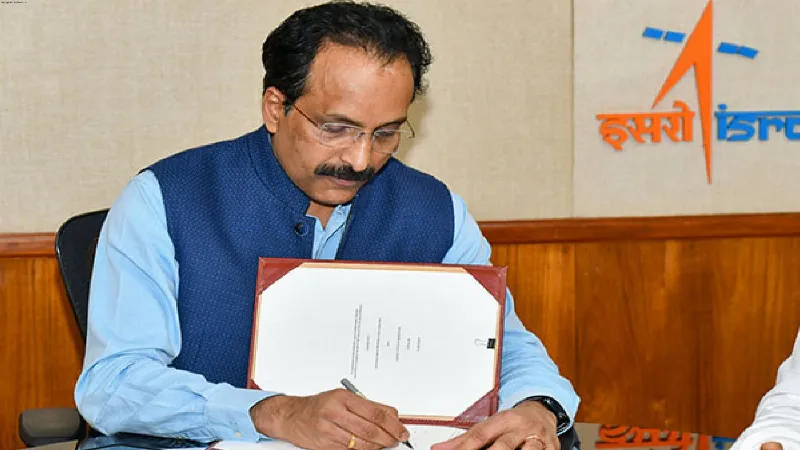Understanding Acute Myocarditis in Children: A Rare but Serious Condition
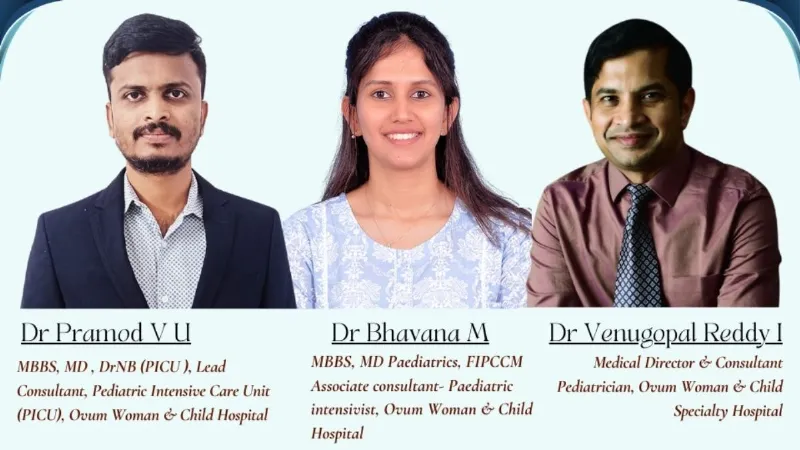
Bangalore (Karnataka): Cases of acute myocarditis—a rare but potentially life-threatening heart condition—are being reported more frequently in children across the region, raising concern among pediatricians and parents alike.
Acute myocarditis is an inflammation of the heart muscle, most often caused by viral infections, bacterial infections, or autoimmune disorders. While it remains uncommon, the condition can lead to severe complications, such as heart failure, abnormal heart rhythms (arrhythmias), and even death. Common viruses linked to acute myocarditis include influenza, dengue virus, adenovirus, and coxsackievirus. As the flu season begins, the risk of myocarditis may also rise.
According to the Centers for Disease Control and Prevention (CDC), myocarditis affects approximately 1 in 100,000 children annually in the United States. Though India lacks specific data on pediatric myocarditis, an increase in cases was observed after the COVID-19 pandemic, potentially linked to Multisystem Inflammatory Syndrome in Children (MIS-C), a condition seen following infection.
“This serves as a wake-up call for parents and healthcare providers,” said pediatric experts. “Early detection and treatment are critical to managing acute myocarditis. Parents should be aware of the warning signs and seek medical attention promptly.”
Symptoms of Acute Myocarditis in Children
Symptoms of acute myocarditis may vary but can include:
-
Initial signs of a viral infection, such as cough or cold symptoms
-
Chest pain or discomfort
-
Shortness of breath
-
Fatigue
-
Fever
-
Pale or cool skin
-
Irritability
-
Rapid or irregular heartbeat
Parents are often the first to notice when something isn’t right. If your child exhibits any unusual symptoms or seems unwell after a viral illness, it’s essential to seek medical help without delay.
Diagnosis and Treatment
Diagnosing acute myocarditis can be challenging, as its symptoms are often non-specific and overlap with other conditions. However, advanced imaging techniques like Cardiac Magnetic Resonance Imaging (CMR) are proving to be valuable diagnostic tools. Blood tests showing elevated troponin levels or echocardiograms revealing left ventricular dysfunction can also suggest myocarditis, though they are not always definitive.
Treatment for acute myocarditis is largely supportive. Children with this condition often require care in an intensive care unit (ICU), where they can be monitored closely by a multidisciplinary team. In severe cases, myocarditis can lead to cardiogenic shock, a condition in which the heart suddenly cannot pump enough blood to meet the body’s needs. Aggressive treatment with medications called inotropes, which help the heart pump more effectively, may be necessary.
A study published in the Indian Pediatrics journal highlighted the effectiveness of intravenous immune globulin (IVIG) in treating severe myocarditis, showing a reduction in mortality rates. For the most severe cases, extracorporeal membrane oxygenation (ECMO) may be required to support heart function. However, ECMO technology is expensive and not widely available in many parts of India, making treatment of critical cases particularly challenging.
Preventing Acute Myocarditis
While acute myocarditis cannot always be prevented, parents and healthcare professionals can take steps to reduce the risk:
-
Ensure children are up to date with their vaccinations
-
Encourage good hygiene practices, such as frequent handwashing
-
Avoid close contact with individuals who are sick
-
Promote a healthy lifestyle, including a balanced diet and regular physical activity
Raising awareness about acute myocarditis and encouraging early intervention can significantly improve outcomes for affected children. Although the condition is rare, understanding the signs and acting swiftly could be lifesaving.
Sources:
-
Centers for Disease Control and Prevention (CDC)
-
American Academy of Pediatrics (AAP)
-
Indian Academy of Pediatrics



